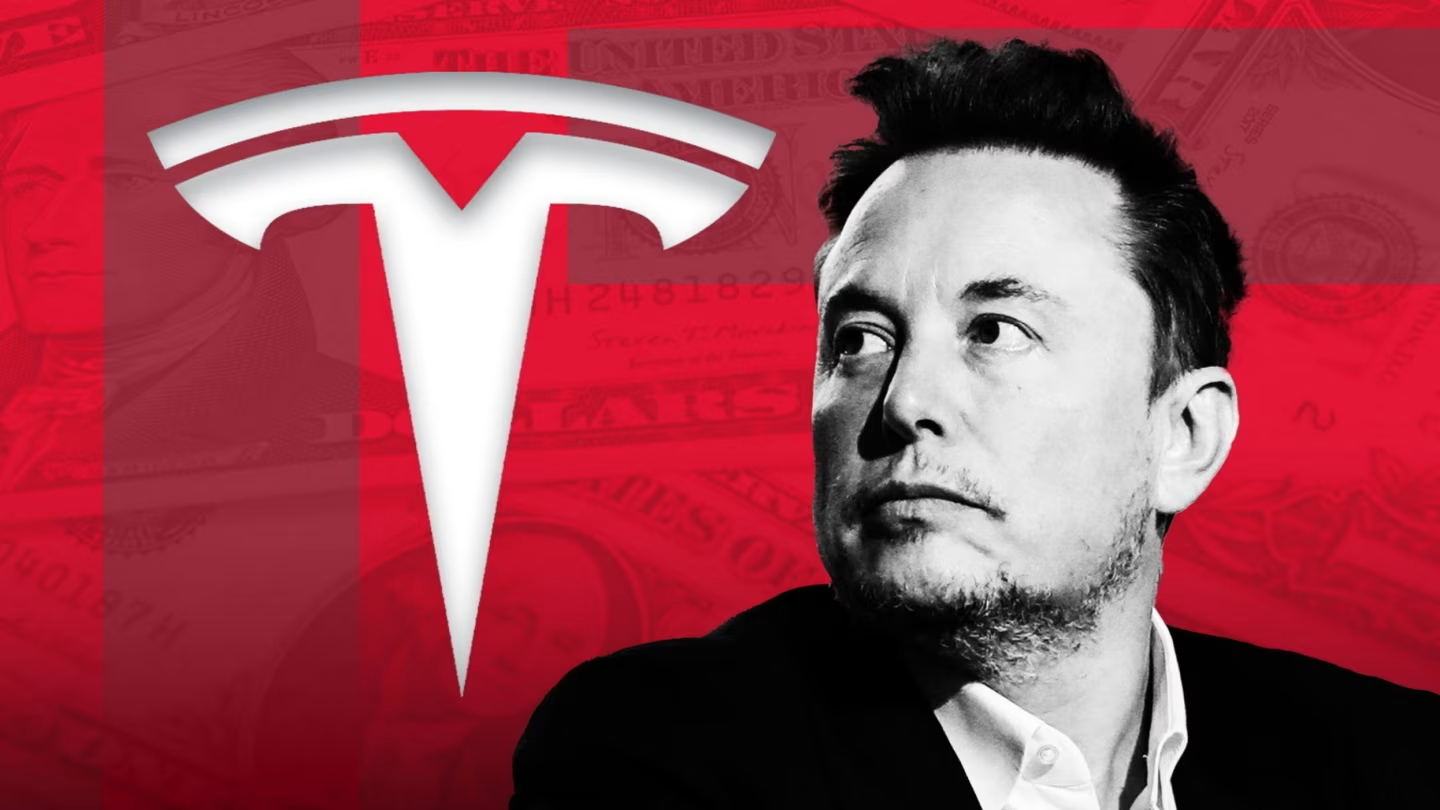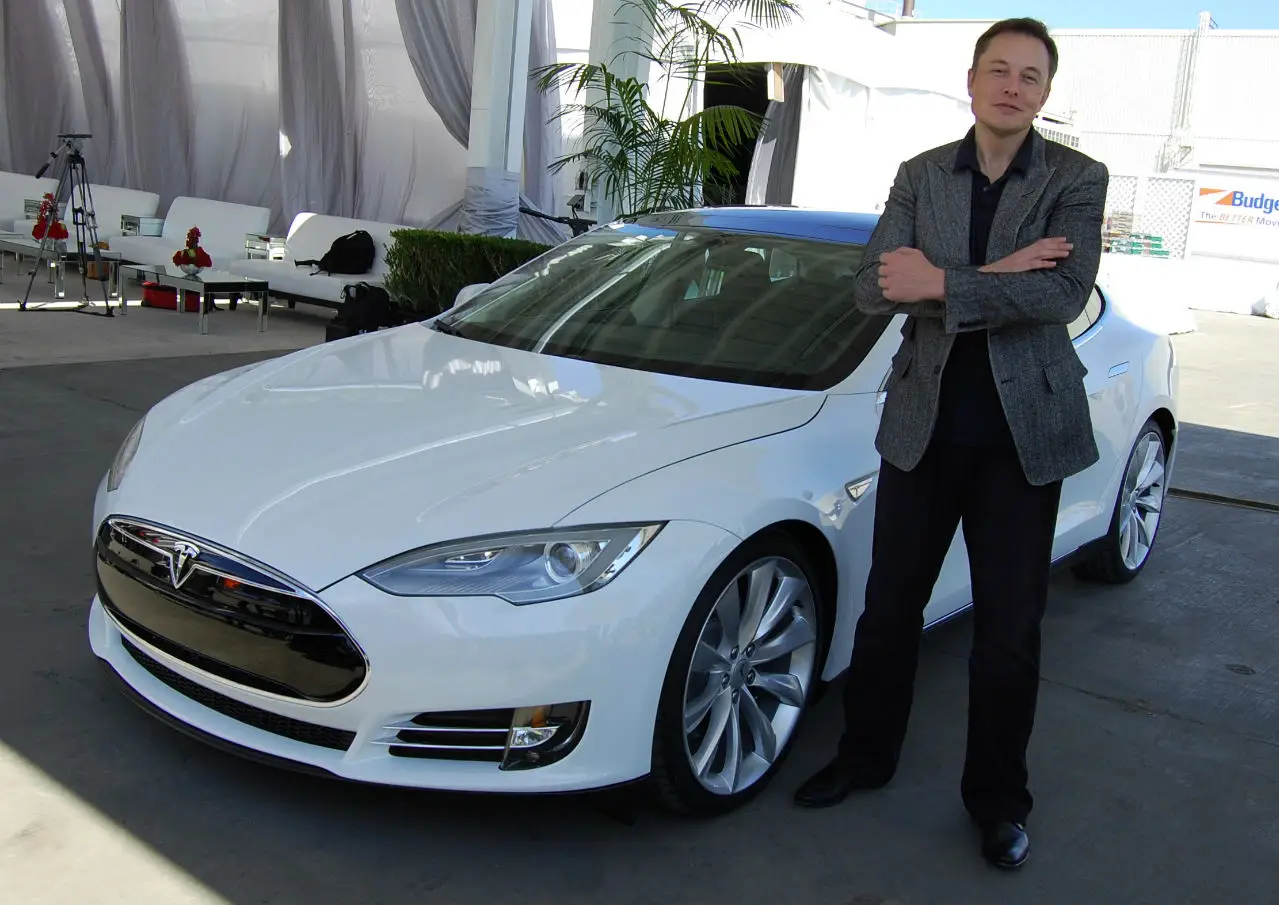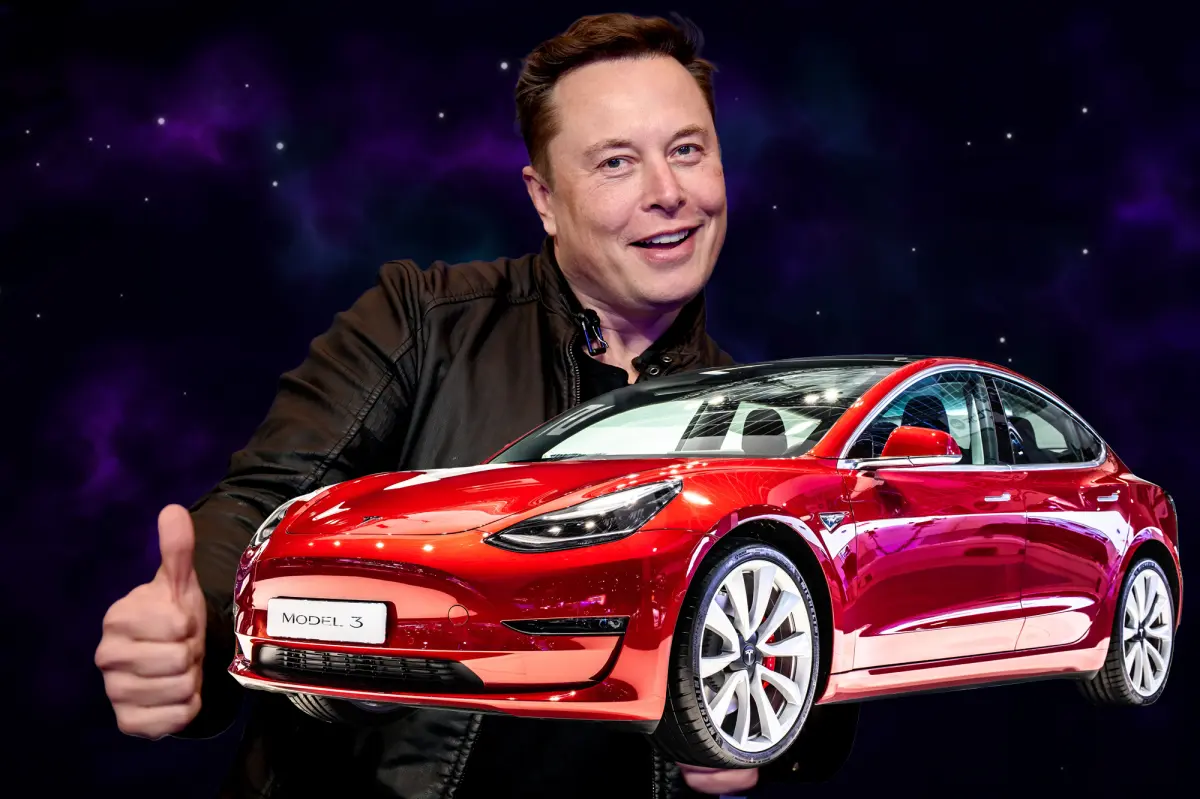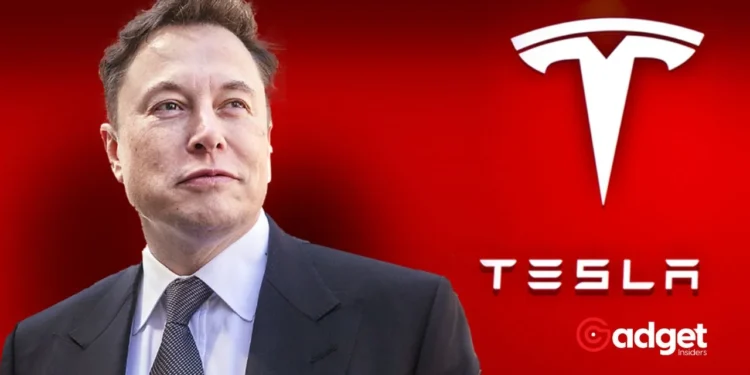In an audacious move that underscores the dynamic and often contentious world of corporate finance, Tesla has reignited discussions around what could be the most substantial pay package in the history of corporate America.
Valued at a staggering $56 billion, this proposal aims to compensate Elon Musk, Tesla’s visionary leader, for his pivotal role in steering the company towards unprecedented growth. The proposal, initially set in 2018, was met with significant scrutiny and was ultimately halted by a Delaware judge earlier this year, who labeled the sum as “unfathomable.”

The decision to revisit the pay deal aligns closely with a series of bold statements and actions by Musk, including significant workforce reductions and threats to relocate Tesla’s headquarters from Delaware to Texas. These developments cast a spotlight on Musk’s complex relationship with the company’s stakeholders and the broader automotive industry.
The Legal and Shareholder Backdrop
The legal tussle surrounding Musk’s compensation began when Judge Kathaleen McCormick of Delaware deemed the 2018 agreement unfair to Tesla’s shareholders. The ruling highlighted concerns that Tesla’s directors, possibly dazzled by Musk’s “superstar appeal,” may not have adequately communicated the stakes of the agreement to the shareholders.
Despite this setback, Tesla’s board remains defiant, with Chair Robyn Denholm expressing disagreement with the court’s findings and describing the lack of compensation for Musk’s recent efforts as “fundamentally unfair.”
In a fresh turn of events, Tesla has not only appealed the court’s decision but also urged its shareholders to reapprove the 2018 compensation package. This plea was included in a recent regulatory filing, which also proposed relocating the company’s headquarters.
Tesla pushes for $56bn pay deal for Elon Musk https://t.co/ulIZz61SQz
— BBC News (World) (@BBCWorld) April 17, 2024
Tesla’s Performance and Musk’s Compensation
Despite the controversy, Tesla continues to assert its dominance in the electric vehicle market, with its stock valued at approximately $500.36 billion. The 2018 compensation plan, intriguingly, was contingent upon Tesla achieving a market value of $650 billion over a decade, a target that remains within sight but unachieved.

Interestingly, Musk has not drawn a salary or bonus from Tesla since the deal’s inception, relying instead on stock options. This approach underscores a growing trend in tech and startup circles, where compensation is increasingly tied to performance metrics and long-term value creation.
The Broader Implications for Tesla
The timing of Tesla’s renewed push for Musk’s pay package is particularly sensitive, given the company’s recent operational challenges. Tesla reported a decline in EV deliveries, the lowest since 2022, and anticipates revealing its quarterly earnings soon. Moreover, Musk’s public image has taken hits due to various controversies, including product recalls and his involvement in contentious public debates.

However, regardless of these challenges, Musk’s financial status remains robust, with his net worth estimated between $198 billion and $220 billion as of November 2023, securing his position as one of the richest individuals globally.
Conclusion: A Defining Moment for Tesla
As Tesla navigates through these turbulent waters, the outcome of this shareholder vote will not only determine Musk’s compensation but could also significantly influence the company’s strategic direction and leadership dynamics.
With Musk at the helm, Tesla has continuously pushed the boundaries of what’s possible in the automotive and technology sectors. Yet, as the company stands at this critical juncture, the global financial community and Tesla’s stakeholders await with bated breath, ready to see how one of the most dramatic episodes in corporate governance will unfold.










